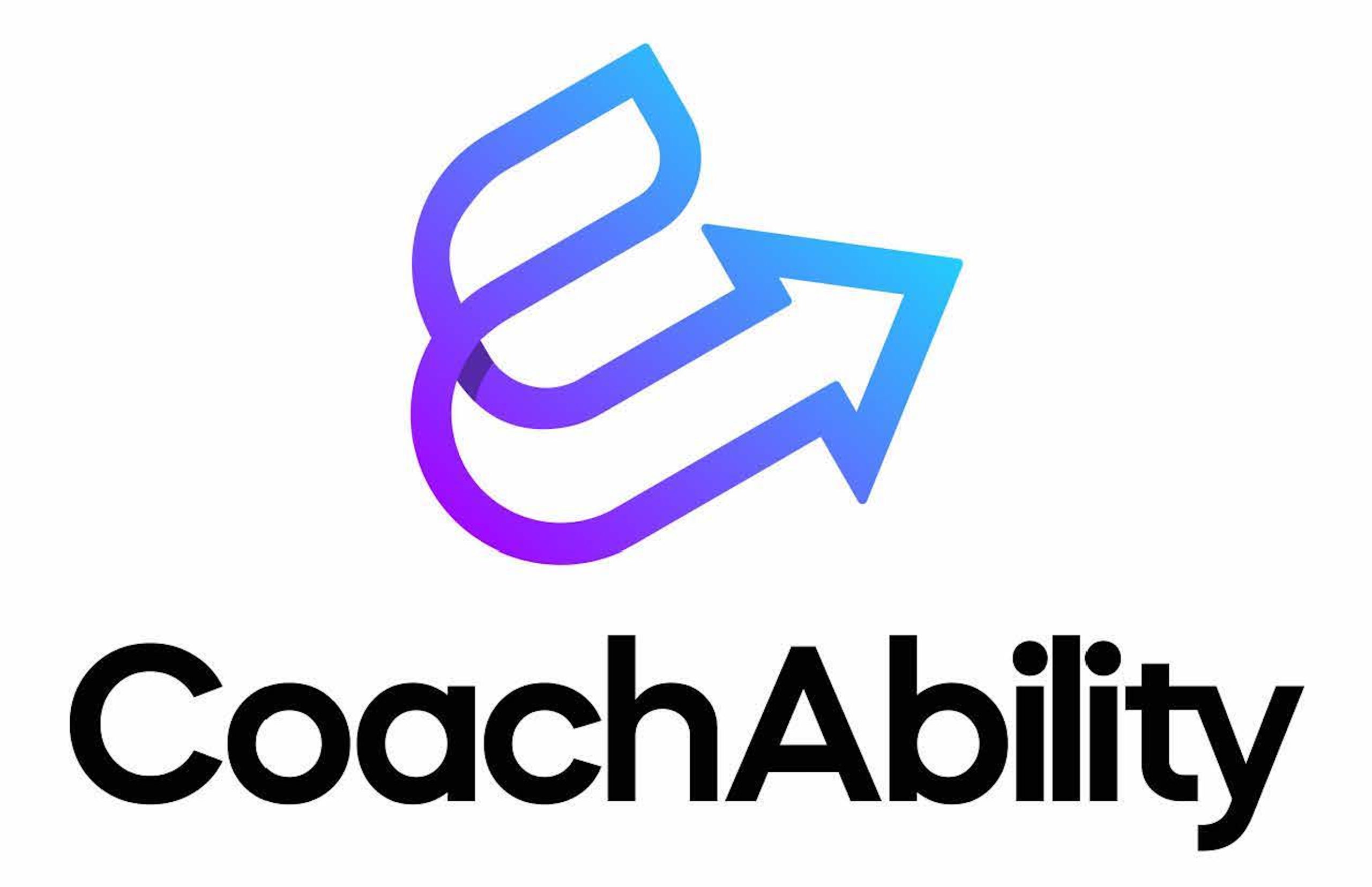Services
What We do
Para-Sport and Paralympic Leadership
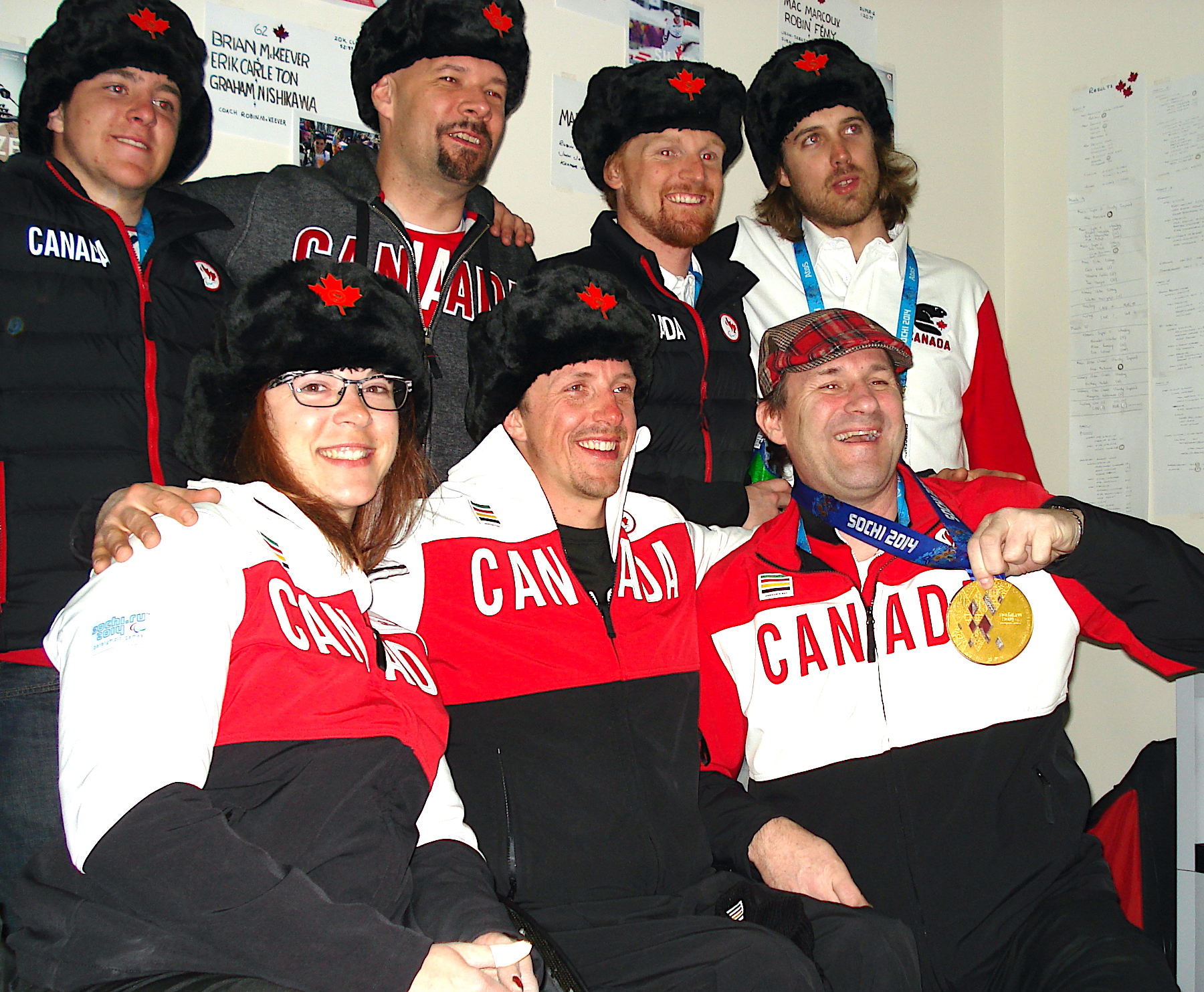
Ozzie, inducted in 2017 to the Canadian Paralympic Hall of Fame as a Coach, has been involved in Para-Sport since 1989, taking on numerous roles in coaching, but also as a builder and contributor to the Paralympic Movement. A tireless advocate for accessibility equity and the continued evolution and professionalism of Para-Sport, Ozzie has acted in advisory roles internationally, holding key positions with the:
- Canadian Paralympic Committee – Board Member
- Coaching Association of Canada – Athletes With a Disability Task Force Expert
- International Paralympic Committee (IPC)
- International Ski Federation (FIS) – FIS/Para Alpine Technical Delegate
- World Para Alpine Skiing (WPAS) – Head of Technical Controls and Officiating
- World Para Snowsports (WPSS)
Ozzie has held Head Coaching, Technical Director and Performance Advisory roles with:
- Alberta Para Alpine Ski Team – Head Coach – 1990-1993
- Canadian Para Alpine Ski Team – Head Coach and Technical Director – 2000-2004
- Canadian Para Athletics Team – Head Coach – 2009-2011
- Equestrian Canada – Paralympic Equestrian Team – Performance Advisor – 2009-2012
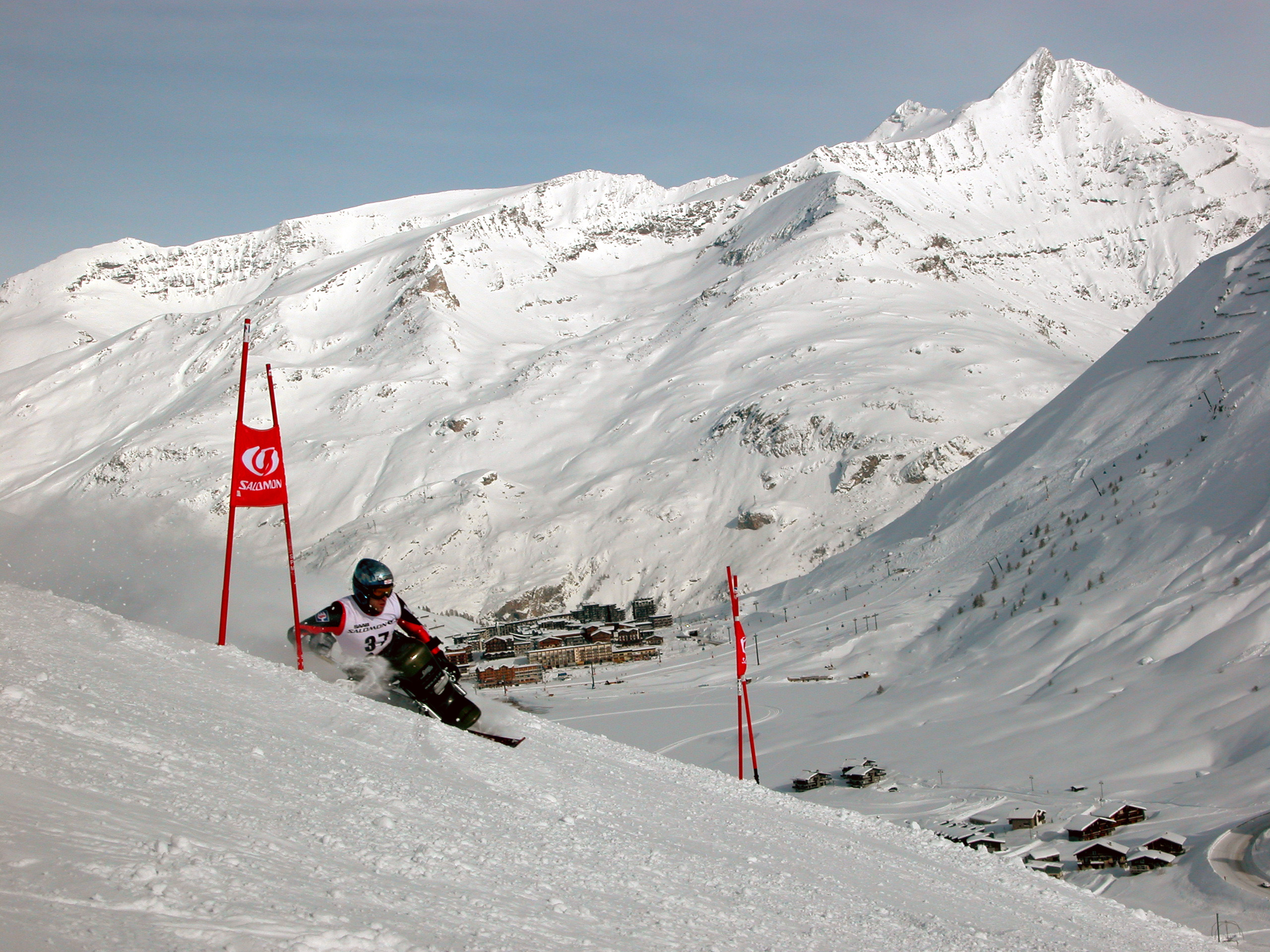
Para-sport & paralympic Consultation
PRSS CEO Ozzie Sawicki has over 30 years of experience in adaptive/Para-sport and Paralympic sport, having worked with numerous national team programs, and having created key development pathway models that represent the elements necessary to deliver truly inclusive sport and recreation programs. This includes fundamental grass roots program creation and development, through to international elite sport program delivery.
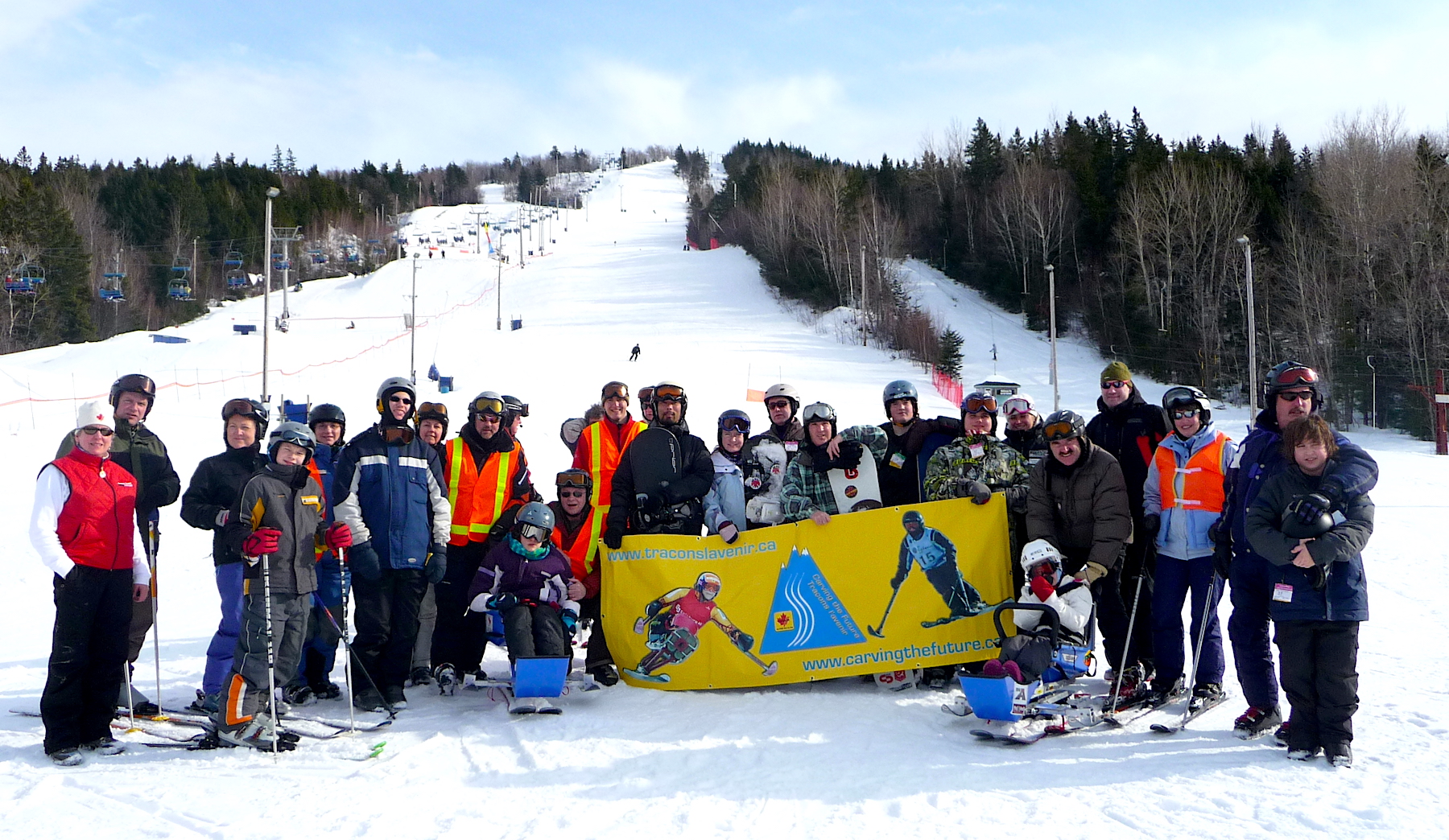
Para-Sport Program Development
PRSS remains an advocate of nurturing introductory Para-Sport program development in all sports, as providing the groundwork for a successful base program will ultimately deliver the high performance outcomes.
More importantly, these grassroots programs create the opportunity for the large percentage of our global population with adaptive needs, be it physical, sensory, cognitive, or social/emotional, to have every opportunity to participate. This includes the benefits of physical activity, as well as the social and community relationships that develop, creating increased confidence and resilience.
Sport and recreation are exceptional tools in allowing those with adaptive needs to discover and overcome adversity, take risks, and thrive personally.
PRSS can assist organizations determine the direction and tools required to build exceptional programs.
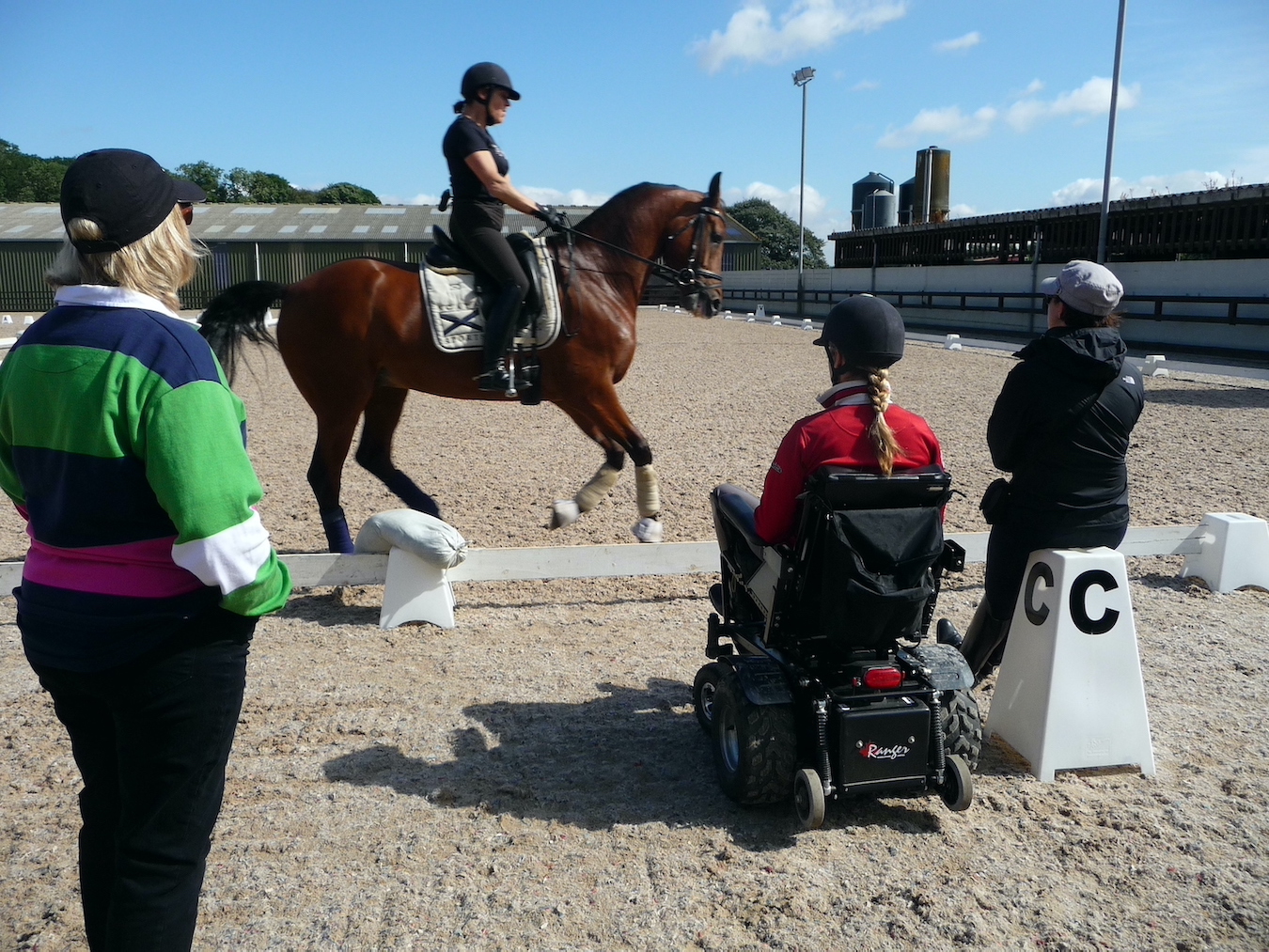
Project Experience
Some key project examples and program involvement include:
- Alpine Canada Alpin – Development of the Para-AIM2WIN Para-Alpine Integrated Long-Term Athlete Development Model
- Alpine Canada Alpin – Carving the Future Athlete Development Strategy
- Canadian Adaptive Snowsports Alberta – Slide & Ride Come Try It Events
- Equestrian Canada – Para Equestrian Development Camps
- Athletics Canada – Cross Canada Development Hub Strategy (Development Camps and Competitions)
- Canada Snowboard – Advisory Role in assisting Para-Snowboard to be introduced as a medal event at the 2014 Sochi Paralympic Winter Games
- Alpine Canada/Canadian Ski Coaches Federation Para Entry and Development Level Coach Pathway Design and Development of Materials
- Field Hockey Canada – Para Field Hockey Strategy
- International Ski Federation (FIS) – FIS Technical Delegate – Para-Alpine Annual Education Updates
Frequently asked questions - FAQs
I think my community is ready for a para-Sport program, but I don't know where to start. Can you help?
PRSS works with communities, clubs and organizations of all sizes and level of interest. We focus on four pillars that include Development, Education, Equipment and Competition. This provides a framework through which a program can be developed, or integrating a Para-Sport pathway into an existing program. PRSS also works with communities to look at the available data that can provide insight into the accessibility population, as often there is limited awareness of the scope of the potential participant group with abilities that involve physical, sensory, cognitive and social/emotional considerations. There is also a growing multigenerational population with increasing mobility issues who are keen to remain active. We work with the communities to map out this information, which provided the ability to consider types of programs, capacity development in ares such as instruction and coaching, and introductory delivery related to the various abilities that may be encountered.
Does para-sport program development start from scratch, or work with an existing club?
PRSS can assist in building a new program strategy and structure, or we can work with existing programs who wish to create an integrated and inclusive opportunity for a broader abilities population. These models can work with any age group, with the youngest ages working with introductory unstructured play strategies that build the confidence and resilience to enter organized sport programs. This pathway creates successful program integration opportunities.
Can you create a para-sport program for any age group? And any ability level?
Para-Sport has two key entry points that include participants with a congenital ability from birth, and those with newly acquired abilities that have occurred through later in life situations. Any age can participate, with the key being to consider not simply the sport or activity engagement pathway, but also the social community in which a participant will be part of. Challenges, such as an older age parti count being placed in an introductory learning scenario needs to have quality support of instructional leadership and similar age peers to create positive out comes. So any ability can be accommodated with a well structured program.
